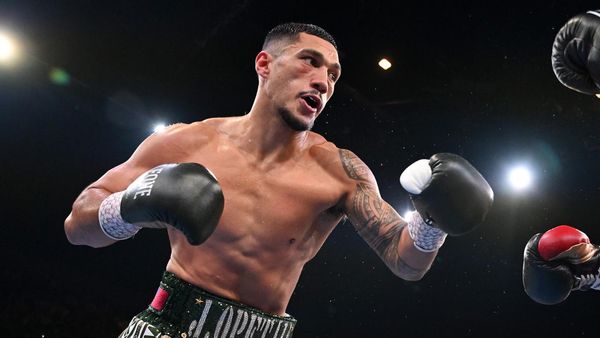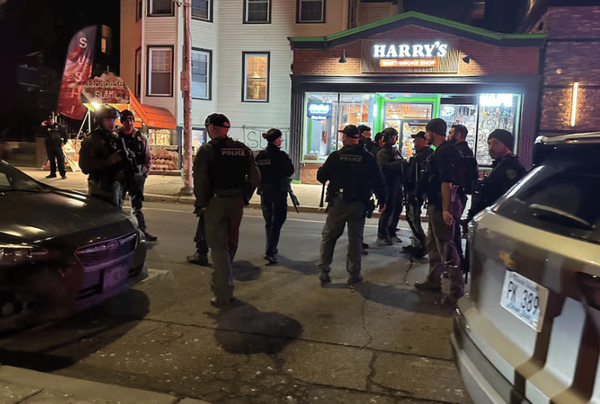
A high-ranking Northern Territory police officer says it was “totally unacceptable” that Kumanjayi Walker was dragged by officers from a house and across the ground to a police car after being shot.
Walker, 19, was shot dead by Constable Zachary Rolfe during a botched arrest in the remote community of Yuendumu in 2019. Rolfe was cleared of criminal charges including murder in relation to the shooting.
On Wednesday, the deputy commissioner of NT police, Murray Smalpage, continued his evidence at an inquest into Walker’s death.
Smalpage agreed with the lawyer Andrew Boe, appearing on behalf of Walker’s families, that it was “extremely disrespectful” that the officers at the scene of the shooting dragged Walker from the house to a waiting police vehicle before he was transported to a local police station, in full view of his family.
“In this case it’s totally unacceptable, and I understand the distress it caused,” Smalpage said.
“It should not have happened.”
He said he believed the officers involved had been directed not to do the same thing again, but was unaware if the extent of disciplinary action had been those officers receiving an email from a senior officer regarding that direction.
Boe also asked Smalpage to clarify evidence he gave on Tuesday that there did not appear to be any evidence that former Australian Defence Force members who became NT police were any more likely to be involved in use of force incidents than police from other backgrounds.
He said that documents before the inquest indicated that Rolfe was, in fact, more than twice as likely to use his firearm than the average among NT police with a non-military background.
Rolfe had previously served in the ADF.
Smalpage said that despite these statistics, a broader conclusion could not be drawn, which was why the force were analysing its data further.
Smalpage spoke about a wide range of matters, including whether there was systemic racism in the force, how it undertakes recruitment, and more specifics about the shooting of Walker such as whether his death was avoidable. He confirmed there are no plans for NT police to remove firearms from officers serving in remote communities.
Smalpage was asked extensive questions about how Walker was treated after his shooting, including his medical treatment, and about how the community and his family were treated during this period. The community were denied information about Walker’s condition, with officers involved in that decision claiming that they believed they had to do so to ensure their safety as there was a risk of the station being stormed.
But Smalpage agreed that there was no evidence any violence had occurred targeting the police station previously.
Gerard Mullins KC, who represents one of the Yuendumu families, questioned Smalpage about why Derek Williams, a senior Aboriginal community police officer stationed in the town and Walker’s uncle, was not informed that Walker had died.
Smalpage denied that Williams, who he described as a highly respected officer, was treated as a member of the “angry horde” because police feared he would pass the information on to the community and inflame tensions.
Smalpage’s evidence continues.







